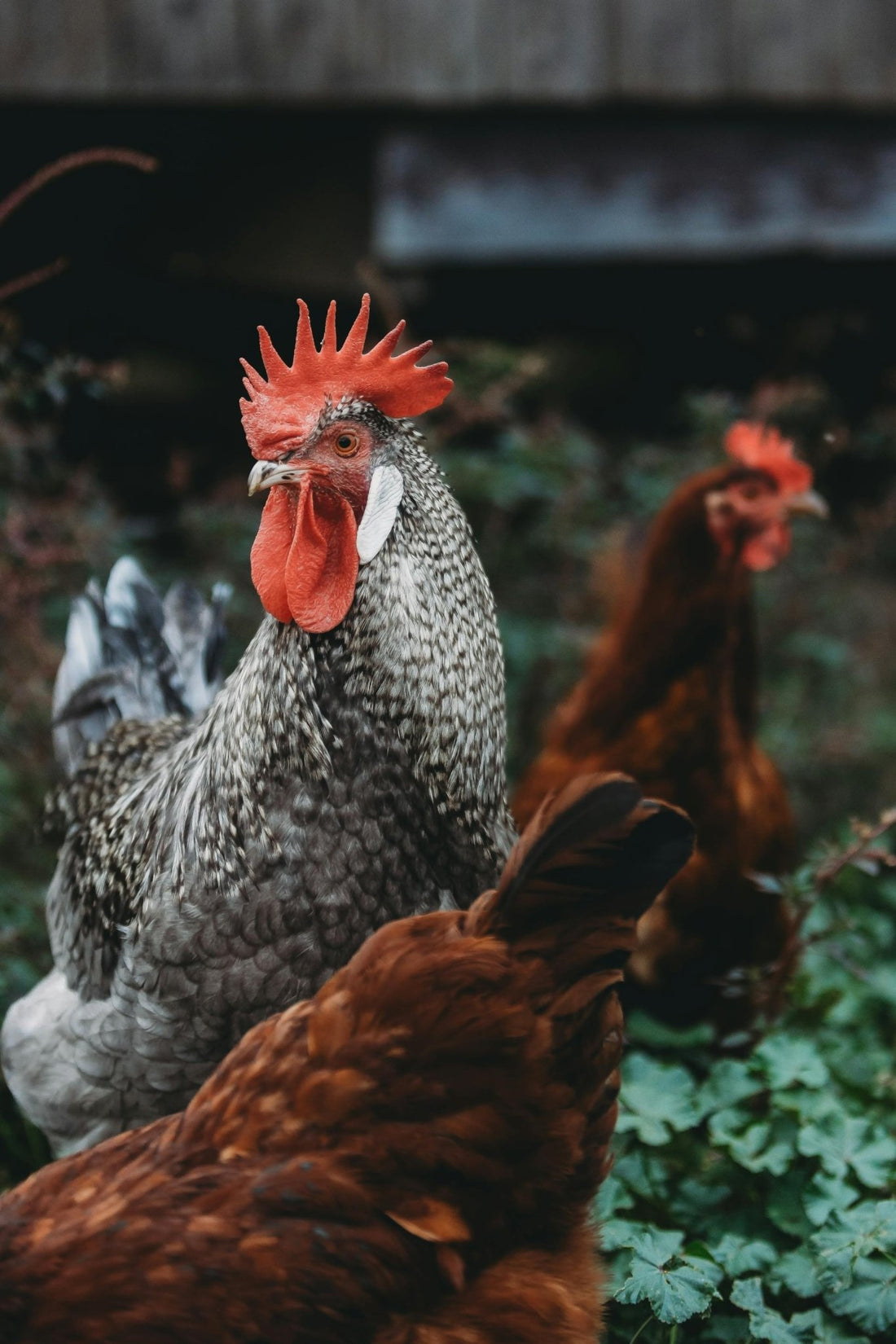In the dynamic world of chicken flocks, each bird plays a distinct role, and the older chickens, often seen as the sages of the coop, hold a special place. This blog post explores the fascinating social structure of chicken flocks, highlighting the integral role played by the elder chickens. We'll review how these experienced members shape the group dynamics, maintain peace, and impart wisdom to their younger counterparts.
The Chicken Social Ladder: A Pecking Order Primer
Before diving into the role of older chickens, it's essential to understand the concept of the pecking order. This hierarchical system, present in nearly every chicken flock, dictates everything from who eats first to who gets the best roosting spot. It's a complex and often fluid structure, with chickens moving up and down the ranks based on age, personality, and physical strength.
- The Elders: Guardians of Order and Peace
Why They’re Important: Older chickens, having lived through many seasons, often command respect from the younger birds. Their presence can help stabilize the flock's hierarchy, reducing the frequency and intensity of pecking order disputes.
Experience Counts: These seasoned birds act as the 'policemen' of the coop, stepping in when squabbles arise, and showing younger chickens the ropes of coop life.
- Wisdom in Feathers: Teaching and Guiding
Why They’re Important: Senior chickens are repositories of valuable survival skills. They teach younger birds essential life skills, such as foraging, dust bathing, and recognizing threats.
Lifelong Learners: Observe how the younger chickens mimic and learn from the older ones, gaining crucial knowledge for thriving in their environment.
- Bridging Generations: Fostering Coop Harmony
Why They’re Important: Older chickens often serve as a bridge between different age groups within the flock, helping integrate new members and maintain a balanced social structure.
Social Architects: These elders can be seen smoothing over conflicts and ensuring that all members, regardless of age or pecking order, find their place in the flock.
- The Matriarchs and Patriarchs: Role Models in the Coop
Why They’re Important: The senior hens and roosters set the tone for behavior in the flock. Their calm demeanor and experienced approach to life can create a more relaxed and orderly environment.
Leading by Example: Their presence and behavior serve as a model for younger chickens, influencing the overall temperament and culture of the flock.
- Guardians of Genetic Legacy
Why They’re Important: In natural breeding situations, older chickens contribute to the genetic diversity and robustness of the flock, passing on traits honed by years of survival.
Genetic Wisdom: These birds are living examples of successful characteristics that have allowed them to thrive, making them valuable for breeding purposes.
- The Art of Subtle Leadership
Why They’re Important: Unlike their younger counterparts, who may use physical strength to climb the social ladder, older chickens often lead through subtler means, using experience and psychological savvy.
Strategic Thinkers: Watch how older chickens assert their dominance or maintain order without resorting to pecking or aggression, a testament to their evolved social skills.
- Health Monitors of the Flock
Why They’re Important: Elder chickens, due to their age, might be more susceptible to health issues. Monitoring their health can provide early warning signs of problems that could affect the entire flock.
Vital Sentinels: Keeping a close eye on the older
chickens' health can be crucial in preventing the spread of diseases and ensuring timely intervention, thereby protecting the flock's overall well-being.
- Nurturing Nature: The Role of Broody Hens
Why They’re Important: Older hens are more likely to go broody and make excellent mothers. They bring new life into the flock and nurture the next generation, ensuring the continuation of the flock.
Motherly Wisdom: These broody hens teach us the importance of nurturing and protecting the vulnerable, a lesson that transcends the coop and applies to broader life.
- Conflict Resolution and Mediation
Why They’re Important: Experienced chickens often play a role in mediating conflicts within the flock. Their intervention can prevent minor squabbles from escalating into serious fights.
Peacekeepers: The way older chickens handle conflicts, often through non-violent means, is a lesson in diplomacy and effective leadership.
- Emotional Anchors in the Flock
Why They’re Important: The presence of older chickens can have a calming effect on the flock. Their steady and familiar presence provides a sense of continuity and security to the group.
Steadfast Companions: Their role as emotional anchors is a reminder of the importance of stability and experience in any community, be it feathered or human.
:
The role of older chickens in a flock's social hierarchy is multifaceted and invaluable. These elder members are not just passive participants but active contributors to the flock's health, harmony, and continuity. They are the wise sages of the coop, embodying lessons in leadership, conflict resolution, and survival. As stewards of these majestic creatures, we have much to learn from them about life, community, and resilience. So, the next time you observe your flock, take a moment to appreciate the profound wisdom and grace of the Golden Girls and Boys, the unsung heroes of the henhouse.

